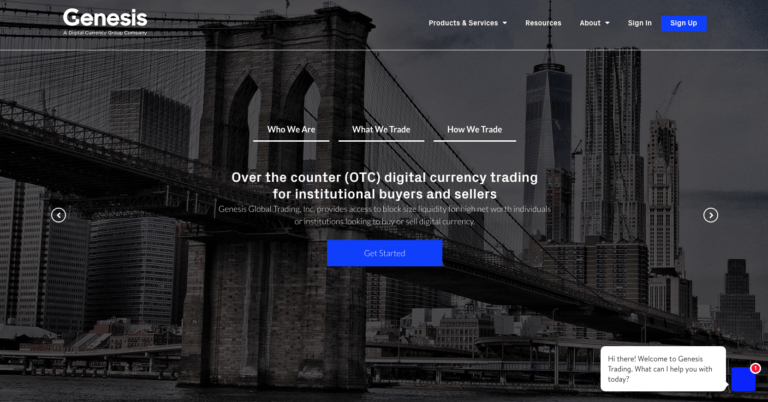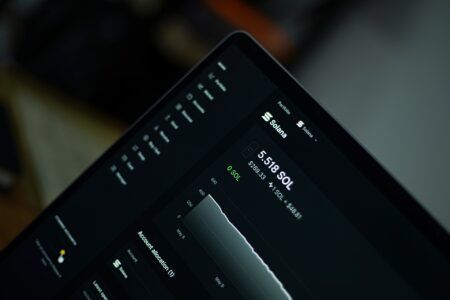Genesis Global Trading, a wholly-owned subsidiary of Barry Silbert’s Digital Currency Group (DCG) and one of the largest over-the-counter (OTC) crypto dealers, says that it has “originated $553 million in digital currency loans” since March 2018.
On its website, New York based Genesis Global Trading (“Genesis”), formerly the Trading Division of SecondMarket, says that it has been “facilitating transactions of illiquid assets for over 10 years, and that since May 2013, it has been “providing two-sided liquidity on a daily basis for buyers and sellers of digital currency.”
On Thursday (18 October 2018), Genesis released its first-ever “Digital Asset Lending Snapshot: 2018 Q3 Insights” report, which talks about the institutional crypto loan activity facilitated by Genesis since it launched its new lending business on 1 March 2018. Genesis says that “through client feedback and the rise of derivative marketplaces,” it has seen “a meaningful increase in the number of market participants wanting to borrow and/or lend digital currencies.”

Here are some of the main highlights from the report:
- “Since launch, we have seen more than half a billion dollars flow through our lending desk across nearly a dozen digital assets and 60+ institutional counterparties around the world. “
- “Today, our loan book stands at $130M in active loans outstanding, which has steadily grown over the year despite the fall in digital asset prices.”
- “Our clients are entirely institutional and include hedge funds, trading firms, and companies that use digital currencies as working capital. Hedge funds generally have thesis-driven views on assets and borrow to short for prolonged periods.” Trading firms, on the other hand, borrow to quickly arbitrage discrepancies in the market and avoid directional risk. Lastly, companies borrow as a means of working capital to scale their businesses, such as remittance payments to customers.”
- “When we launched in March, the loan book was largely split between Bitcoin (BTC) and Ethereum (ETH), with Monero (XMR) third. Over the following months, ETH interest waned as its price fell nearly 80% from March highs, and short interest plummeted. At the same time, we saw increased demand in other alternative currencies, such as XRP, Litecoin (LTC), and Ethereum Classic (ETC). Bitcoin demand remained consistent throughout the year, as it is the most widely used asset for non-speculative reasons, like working capital in remittance and arbitrage trading across exchanges.
- “Early in the quarter, working capital drove the majority of loans. In September, however, hedge funds became more active on the short-side and added to their speculative long-term positions. Trading firms also saw increased opportunities for arbitrage and market-making as derivative liquidity increased across markets. These firms generally borrow digital assets to trade against derivatives like futures and swaps. We believe this kind of activity will continue to pick up as derivative markets mature.”
Michael Moro, the CEO of Genesis Global Trading, told Bloomberg in an interview that “the majority of what the firm lends is borrowed from other holders”, and that “Genesis pays between 5 percent and 7 percent to borrow cryptocurrencies and then charges about 10 percent or 11 percent to lend.”
Featured Image and Chart Courtesy of Genesis Global Trading








